At OctoProctor, balance isn’t just a buzzword — it’s something we practice every day, in our own ways. From golf courses and quiz nights to motorcycles and kitchen-table lunches, our teammates find focus and energy in surprising places. Here’s how a few of us recharge, reset, and keep our spark alive.
Balance can take many forms, but it often starts with recognizing when something feels off. For Timur, that meant noticing the signs of burnout early — and learning new ways to listen to himself and reset.
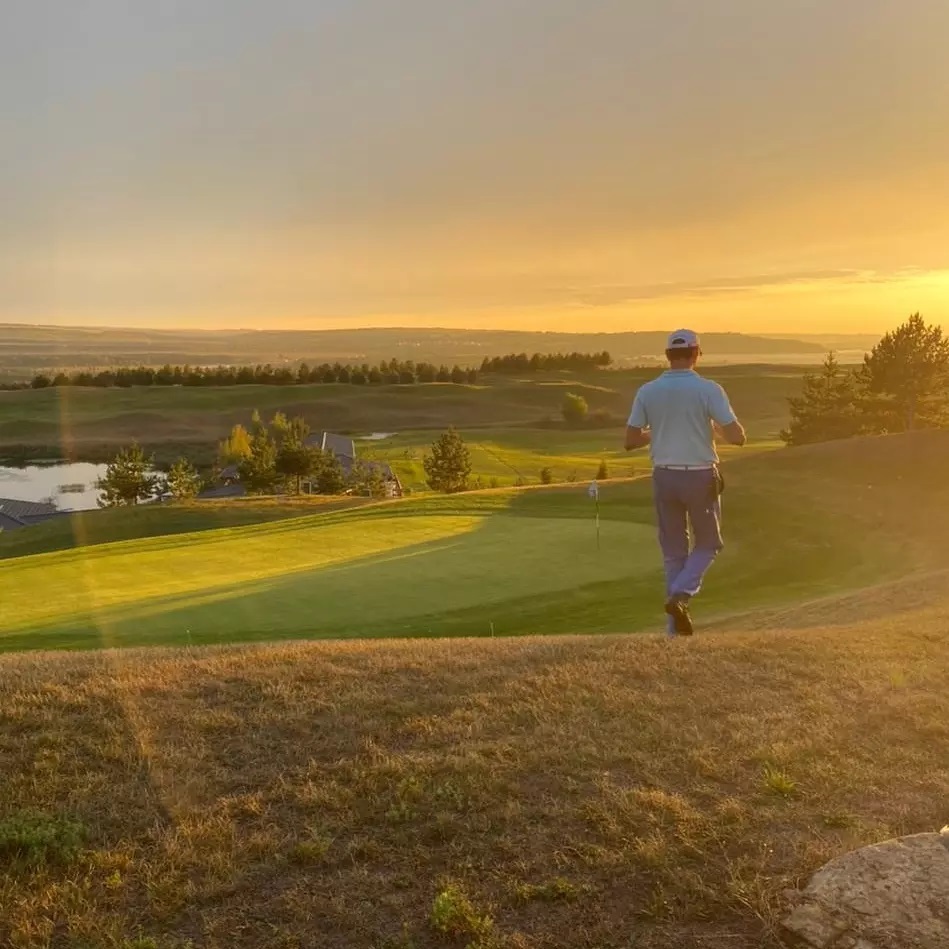
For me, the main signal is when I no longer feel like working — the spark fades, the interest is gone. That means something isn’t right, and I need to first listen to myself. What do I really want? Am I getting it? Am I in the right place?
That’s why I’ve started paying much closer attention to the tasks I take on — dividing them into those that genuinely interest me, those I can delegate, and, every now and then, the classic “eat the frog” tasks: the ones no one else can do, even if I don’t feel like doing them. It’s also important not to go overboard with frog-eating. I try to approach such tasks with open eyes: yes, I know this task will drain some of my energy, so I make sure to plan time afterward to recharge.
It usually doesn’t work like that. A “watching the water” process has more of an accumulative effect: you sit and think for a day, then two, then a week — and finally there’s a breakthrough. Or maybe not. What matters is not getting stuck in day-to-day routines, but giving yourself time to think about the future — otherwise, it simply never gets done. And it’s about learning how to immerse yourself in this endless flow, staying in context but letting go of control, like in golf.
“Be like water making its way through cracks. Do not be assertive, but adjust to the object, and you shall find a way around or through it. If nothing within you stays rigid, outward things will disclose themselves. Empty your mind, be formless. Shapeless, like water. If you put water into a cup, it becomes the cup. You put water into a bottle and it becomes the bottle. You put it in a teapot, it becomes the teapot. Now, water can flow or it can crash. Be water, my friend!”
Bruce Lee, The lost interview, 1971
Golf requires both concentration and relaxation. You can’t force yourself to play well; the game only works when you let go of control, not when you tighten it. And while there’s always that distant goal of “playing well,” the real focus has to be on the here and now — on your next shot, leaving all the previous ones behind, no matter how good or bad they were.
And then, in golf, there are good days and bad days — and there’s nothing you can do about it. That’s why I really enjoy watching the process a little from the outside: oh, the long irons aren’t working today? Okay, time to adjust the strategy. Or, if the game isn’t coming together at all, well then, I’ll just enjoy the beauty of the course — because golf courses are truly some of the most beautiful places in the world.
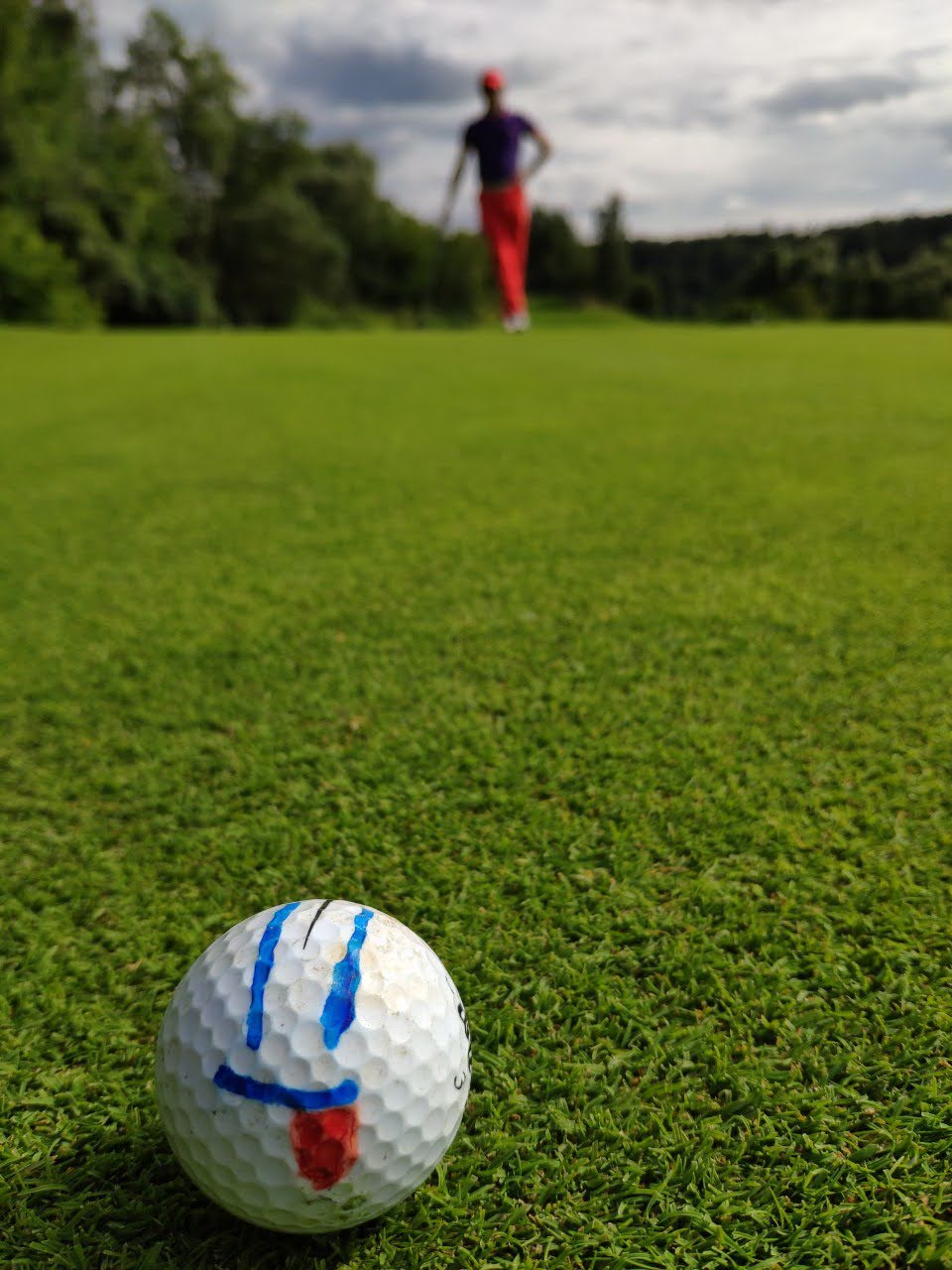
From quiet reflection and golf lessons, let’s move to something closer to home — literally. Tasia shares how balance often starts in her kitchen, with a hug or a walk.
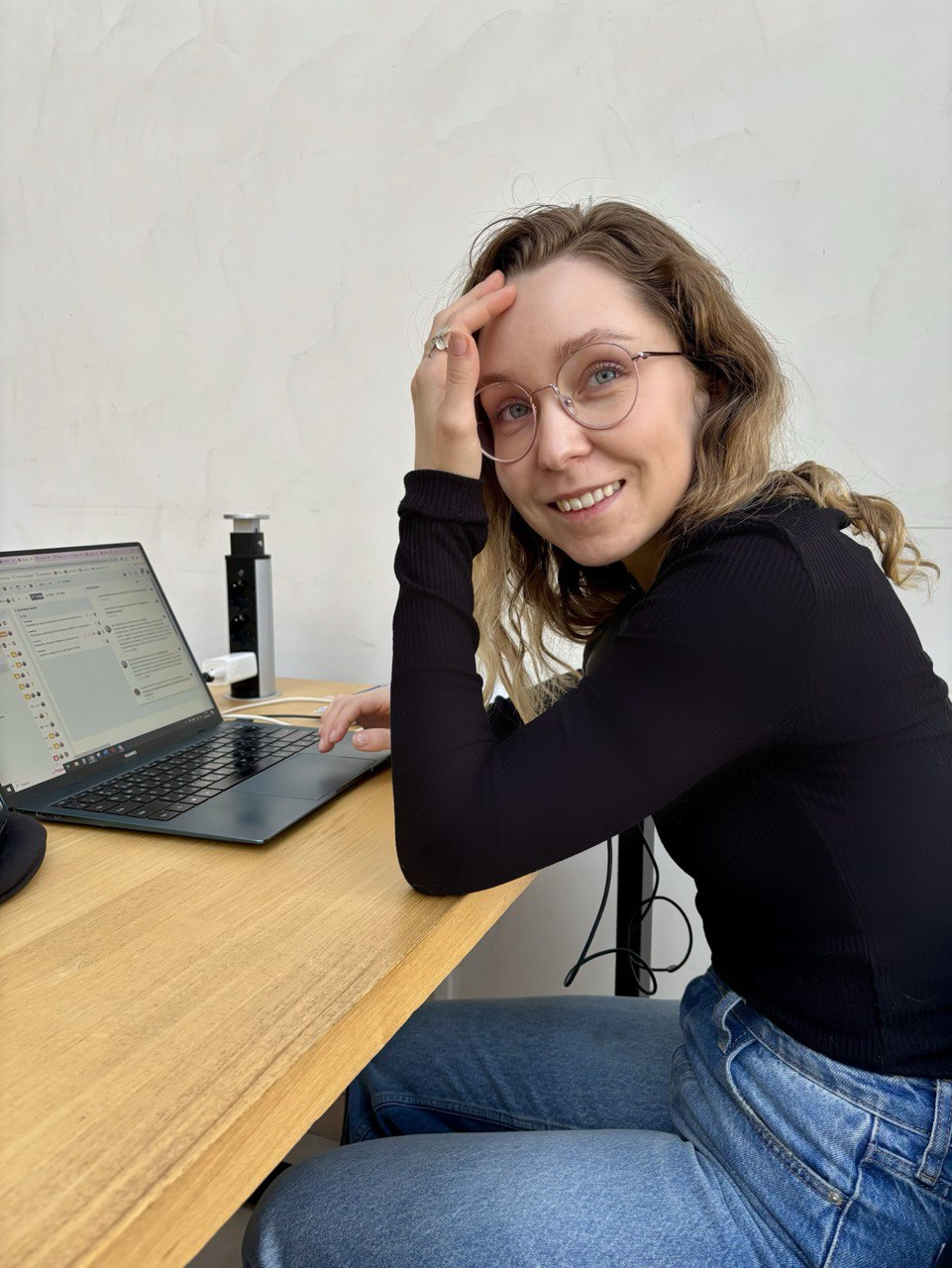
We both work remotely and usually meet for lunch in my kitchen. Sometimes we end up interrupting each other’s meetings by unexpectedly bursting into the room during a call. But five minutes of hugs is a real blessing on a tough workday.
We also try to plan our activities wisely: a lunchtime walk to burn some calories, and in the evenings, meeting friends for board games. Of course, that doesn’t always happen — with a tight schedule, half the evenings you only have the energy to lie on the couch and watch movies. But hey, that’s life!
A thorough deep clean of the apartment — gloves on, chemicals out — always clears my head, too. Then maybe a cup of flat white in a favorite coffee shop, or at home with a good book. A walk with a friend or a short trip out of town. And in the evening, a nice movie makes for the perfect end to the day.
A day outdoors, surrounded by peaceful views and the silence of nature, makes me feel calm and balanced, giving me the inner energy I need for the rest of the week.
The format of a quiz game requires quick responses, close interaction with the team, and catching even the tiniest ideas or suggestions from your teammates. Overall, it not only enriches the intellect but also strengthens cooperation within the group and sharpens the ability to react quickly to others’ ideas. All of this helps move the team toward the right answer — and a prize-winning spot.
So yes, it probably also influences the way I communicate with partners, helping me respond faster not just to words, but also to subtle, less obvious signals in our conversations.
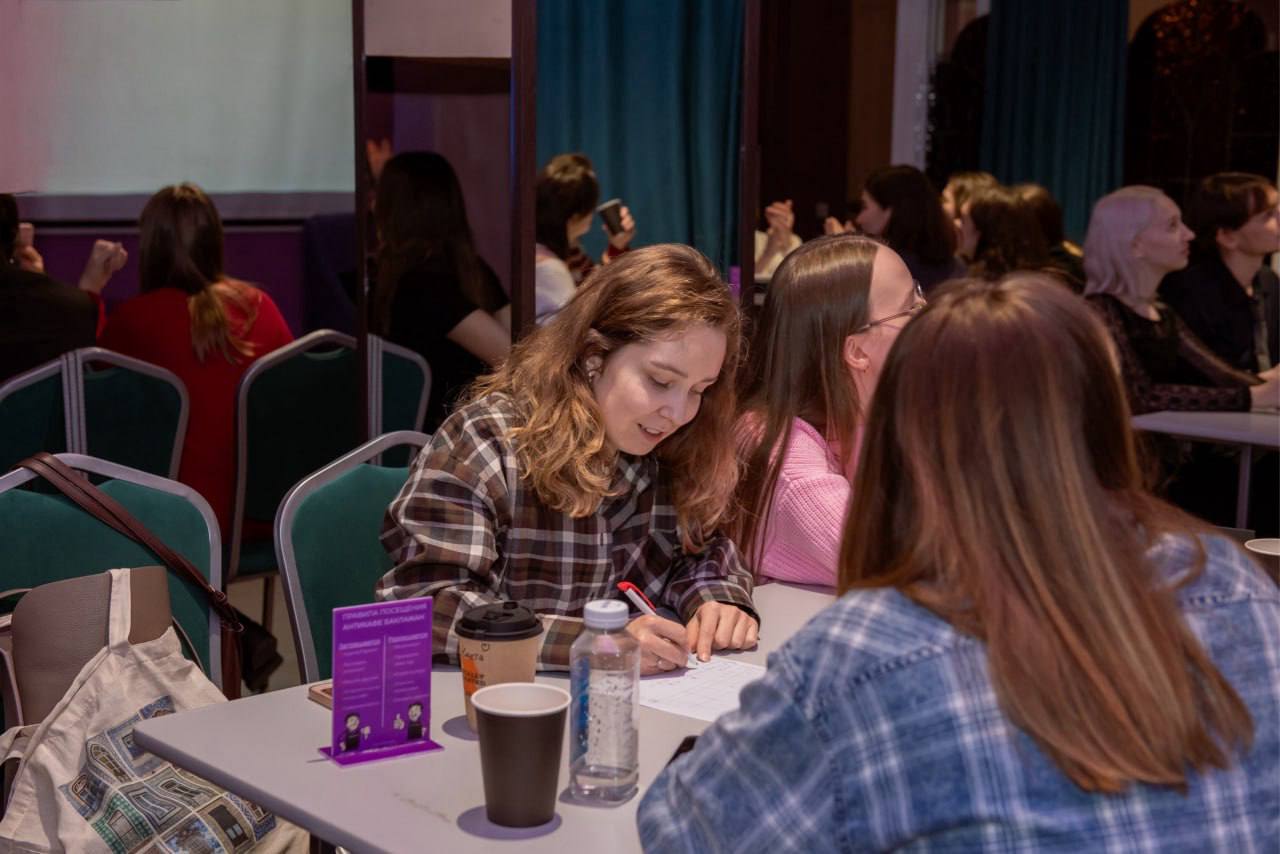
If Tasia finds clarity in cleaning and quizzes, Alex takes his search for balance onto the open road — where finance meets freedom on two wheels.
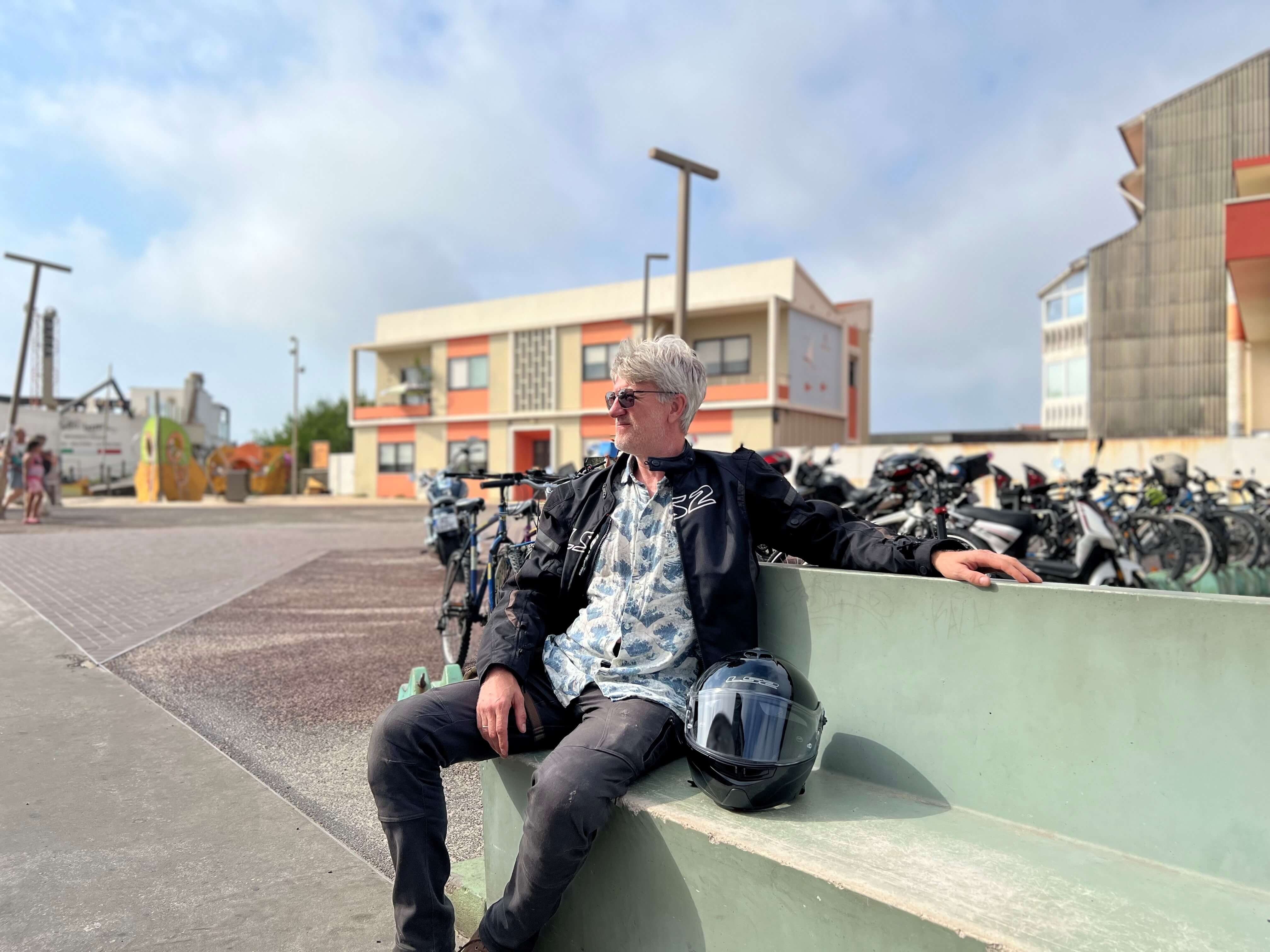
I think it’s a totally different experience. I do love money and numbers — and they love me back. Yes, both require precision and, you know, a bit of freedom in how you use your mind and thoughts. For me, the most important thing is what’s going on in my head.
When I solve a problem with money and numbers, I feel like I’m top-notch. And when I’m on my bike, I’d say I’m just above average — not as experienced as I’d like to be yet, but getting there.
If the task is really hard and the results can be either excellent or catastrophic, I get an adrenaline boost, just like when I ride. Fortunately, I do not face such severe clusterfucks often.
I have three favorite routes.
The first one goes through plains with rocks, sand, and low forest (the trees there are quite small). It’s a long ride with scenic views, endless narrow stretches, and several points where the road comes close to the ocean. At the end, there’s a beautiful beach bar with milkshakes, good coffee, and ice cream.
The second one is famous as one of the most beautiful roads in Portugal — Route N333. It’s not very long, but it’s curvy, winding through the mountains, with plenty of stunning views. And at the end — you’ll laugh at me — there’s a McDonald’s :)
The third route goes past our harbor, and to reach the other side you have to take a ferry. Across the harbor, there are several resort towns, with lots of beautiful houses.
So I choose the route depending on what I’m in the mood for: the first one is for fast driving and ocean air, the second is for active steering and a dose of adrenaline, and the last one is for easy riding and admiring those gorgeous seaside houses.
Yes, the first time was about ten years ago in Bali, where I first started riding a bike. I can’t share the details — it’s still under NDA, hope you understand :)
When I ride, I try to clear my head completely, until it feels empty. And of course, every now and then a problem — or its solution — suddenly surfaces.
I try to tackle the most important things during my peak hours — just before lunch and after dinner. At other times, I don’t push myself too hard and focus on smaller, less demanding tasks (unless there’s a crisis to put out).
With years of experience, I’ve learned that “doing things fast” really means doing them steadily, at the right pace, and on time.
Climate, safety, solid infrastructure and roads, the ocean, forests, and mountains. And of course, the people — my wife is a great communicator, and we already have local friends: Portuguese, British, South African, French, and of course Russian and Ukrainian.
When I went yachting in Spain for the first time, I realized that people there live by three commandments: siesta, tranquila & mañana — nap, stay calm, and tomorrow. The first two are clear, but the last one needs some explanation: if a task can be postponed until tomorrow, it will be postponed — no doubt.
Later I discovered that these “rules” apply across the whole Mediterranean, not just Spain. Now that I live in Portugal, it’s exactly the same — and honestly, it’s a lifestyle that really lowers the overall stress level in our lives.
Finding work-life balance can mean different things, but balance isn’t only about hobbies and habits. For many of us at OctoProctor, it also lives in the joy we bring to our work, the curiosity that fuels us, and the creativity that helps us grow. That’s where our next teammates come in. Stay tuned — in the next part, more Octos will share their own ways of finding balance, from CrossFit mornings to dogs, cooking, and philosophy.
